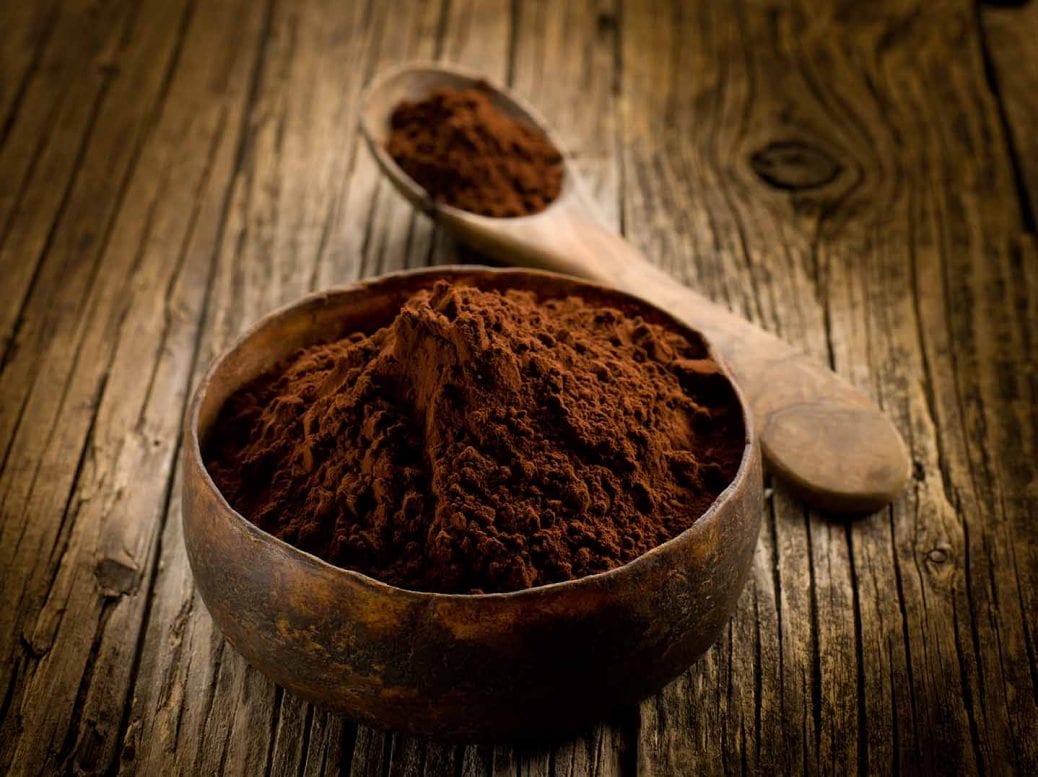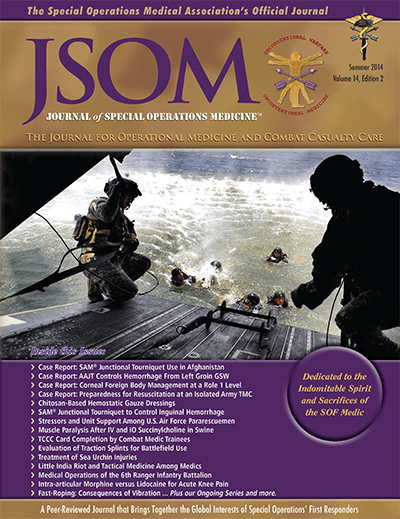Below are three recent papers of interest that further support regular cocoa ingestion for health and possibly, performance, and why it’s a key ingredient in Alpha Joe Coffee Booster. We already have one study that studied coffee and cocoa together and found “… the combination of fatigue-fighting coffee and anxiety-reducing cocoa was the best combination for boosting attention span” or a study finding a 27% reduction in deaths from CVD as well as other potential benefits of cocoa covered HERE. I strongly suspect there’s a synergism between the cocoa, creatine, and L-tyrosine when added to coffee, hence why I developed and gave away the formula for over a decade.
The first is a large narrative review examining the potential benefits of cocoa ingestion on exercise recovery and performance. There’s been a number of studies that indicate cocoa improves blood flow, NO production, recoup from workouts, etc, some which are found on this site. This is a lengthy but interesting paper that suggests benefits, but also points out there’s more research required. (1)
The second examined how the regular consumption of Cocoa (and red berries) improved cardiovascular biomarkers, such as “…homocysteine, angiotensin-converting enzyme (ACE), nitric oxide (NO), flow-mediated vasodilation (FMD), blood pressure and lipid profiles.” Interestingly they concluded the beneficial effects were via microbiota metabolism. The study of the human microbiome is important and ongoing, but data suggests both health and disease starts at the level of the microbiome, and is a therapeutic target for improving health and prevention of disease. This study, concluded “…our study showed a positive modulation of microbiota metabolism after a regular intake of cocoa flavanols and red berry anthocyanins that led to an improvement in cardiovascular function, especially in the group that consumed cocoa.” (2)
That’s a really interesting paper and I hope the science minded readers here will check that one out; below readers will find the abstract and link to the full paper. Finally, an interesting study that found the acute ingestion of cocoa (as microencapsulated form) attenuated eccentric exercise-induced endothelial dysfunction (3) readers may find of interest. We do know that regular exercise is highly beneficial to the health of the vascular system. High intensity exercise with a focus on eccentric loading has a short term negative impact on the vascular system with an acute inflammatory response and are “…linked to a transient increase in risk of a cardiovascular event, and this risk may be mediated by a concomitant reduction in vascular function.” (4)
This study found cocoa can attenuate that acute negative effect on the vascular system. Being a short lived study, it’s unclear whether it will reduce the risk of cardiovascular events, but when examining the study as part of the bulk of the data on cocoa and its beneficial effects on blood flow, oxidative stress, etc, it’s a positive finding.
(1) The effects of cocoa flavanols on indices of muscle recovery and exercise performance: a narrative review. Sports Sci Med Rehabil. 2021; 13: 90.
Abstract
Exercise-induced muscle damage (EIMD) is associated with oxidative stress and inflammation, muscle soreness, and reductions in muscle function. Cocoa flavanols (CF) are (poly)phenols with antioxidant and anti-inflammatory effects and thus may attenuate symptoms of EIMD. The purpose of this narrative review was to collate and evaluate the current literature investigating the effect of CF supplementation on markers of exercise-induced oxidative stress and inflammation, as well as changes in muscle function, perceived soreness, and exercise performance. Acute and sub-chronic intake of CF reduces oxidative stress resulting from exercise. Evidence for the effect of CF on exercise-induced inflammation is lacking and the impact on muscle function, perceived soreness and exercise performance is inconsistent across studies. Supplementation of CF may reduce exercise-induced oxidative stress, with potential for delaying fatigue, but more evidence is required for any definitive conclusions on the impact of CF on markers of EIMD.
(2) Regular Consumption of Cocoa and Red Berries as a Strategy to
Improve Cardiovascular Biomarkers via Modulation of
Microbiota Metabolism in Healthy Aging Adults. J.Nutri. 2023, 15(10), 2299.
Abstract: The aim of the present study was to analyze the effects of cocoa flavanols and red berry anthocyanins on cardiovascular biomarkers, such as homocysteine, angiotensin-converting enzyme (ACE), nitric oxide (NO), flow-mediated vasodilation (FMD), blood pressure and lipid profile. Ad-
ditionally, we aimed to ascertain their possible interactions with microbiota related metabolites, such as secondary bile acids (SBA), short-chain fatty acids (SCFA) and trimethylamine N-oxide (TMAO). A randomized, parallel-group study, single-blind for the research team, was performed on 60 healthy volunteers between the ages of 45 and 85, who consumed 2.5 g/day of cocoa powder (9.59 mg/day of total flavanols), 5 g/day of a red berry mixture (13.9 mg/day of total anthocyanins) or 7.5 g/day of a combination of both for 12 weeks. The group that had consumed cocoa showed a significant reduction in TMAO (p = 0.03) and uric acid (p = 0.01) levels in serum, accompanied by an increase in FMD values (p = 0.03) and total polyphenols. corrected by creatinine (p = 0.03) after the intervention. These latter values negatively correlated with the TMAO concentration (R = −0.57, p = 0.02). Additionally, we observed an increase in carbohydrate fermentation in the groups that had consumed cocoa (p = 0.04) and red berries (p = 0.04) between the beginning and the end of the intervention. This increase in carbohydrate fermentation was correlated with lower levels of TC/HDL ratio (p = 0.01), systolic (p = 0.01) and diastolic blood pressure (p = 0.01). In conclusion, our study showed a positive modulation of microbiota metabolism after a regular intake of cocoa flavanols and red berry anthocyanins that led to an improvement in cardiovascular function, especially in the group that consumed cocoa.
(3) A single dose of microencapsulated cocoa supplementation attenuated eccentric exercise-induced endothelial dysfunction. International Journal of Food Sciences and Nutrition. 09 May 2023
Abstract
In the present study, it was evaluated whether microencapsulated cocoa supplementation could attenuate endothelial dysfunction caused by eccentric exercise in healthy subjects. Thirteen volunteers were enrolled in this double-blind, placebo-controlled, crossover study. Flow-mediated dilatation (FMD), blood flow and muscle O2 saturation (StO2) were evaluated by ultrasound and near-infrared spectroscopy (NIRS), respectively, before and after microencapsulated cocoa supplementation. The eccentric exercise was performed after microencapsulated cocoa supplementation to generate vascular dysfunction. Eccentric exercise significantly reduced FMD in the PLA condition, but cocoa attenuated this exercise effect. No significant effect was observed on muscle StO2 and blood flow after eccentric exercise and nutritional supplementation. In conclusion, the present study showed that a single dose of microencapsulated cocoa ingestion attenuated FMD-induced eccentric exercise. These findings suggest that a single dose of microencapsulated cocoa may be an alternative nutritional strategy to attenuate vascular dysfunction induced by eccentric exercise in healthy individuals.
(4) Arterial stiffening following eccentric exercise-induced muscle damage. J Appl Physiol (1985)
Will Brink is the owner of the Brinkzone Blog. Will has over 30 years experience as a respected author, columnist and consultant, to the supplement, fitness, bodybuilding, and weight loss industry and has been extensively published. Will graduated from Harvard University with a concentration in the natural sciences, and is a consultant to major supplement, dairy, and pharmaceutical companies.
His often ground breaking articles can be found in publications such as Lets Live, Muscle Media 2000, MuscleMag International, The Life Extension Magazine, Muscle n Fitness, Inside Karate, Exercise For Men Only, Body International, Power, Oxygen, Penthouse, Women’s World and The Townsend Letter For Doctors.
He’s also been published in peer reviewed journals.
Will is the author of the popular e-books, both accompanied by private members forum access , Bodybuilding Revealed & Fat Loss Revealed.
You can also buy Will’s other books on Amazon, Apple iBook, and Barnes and Noble.





